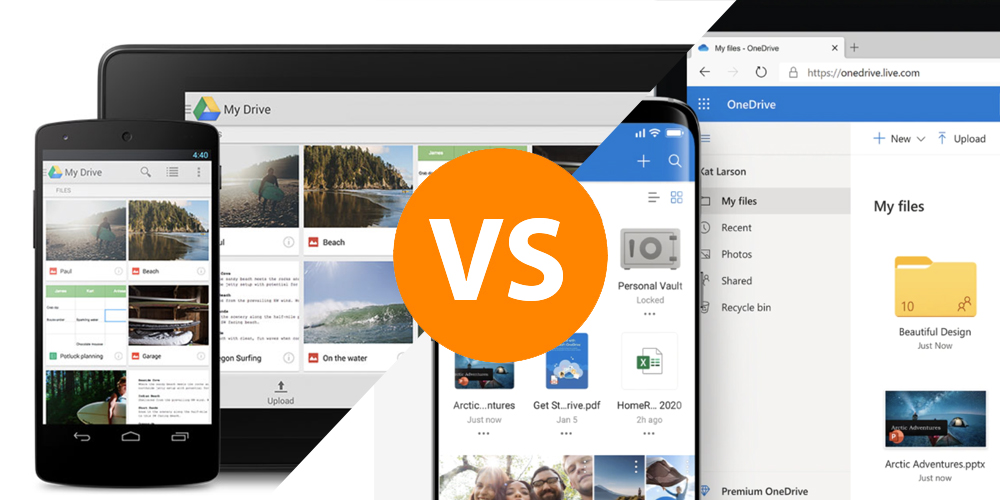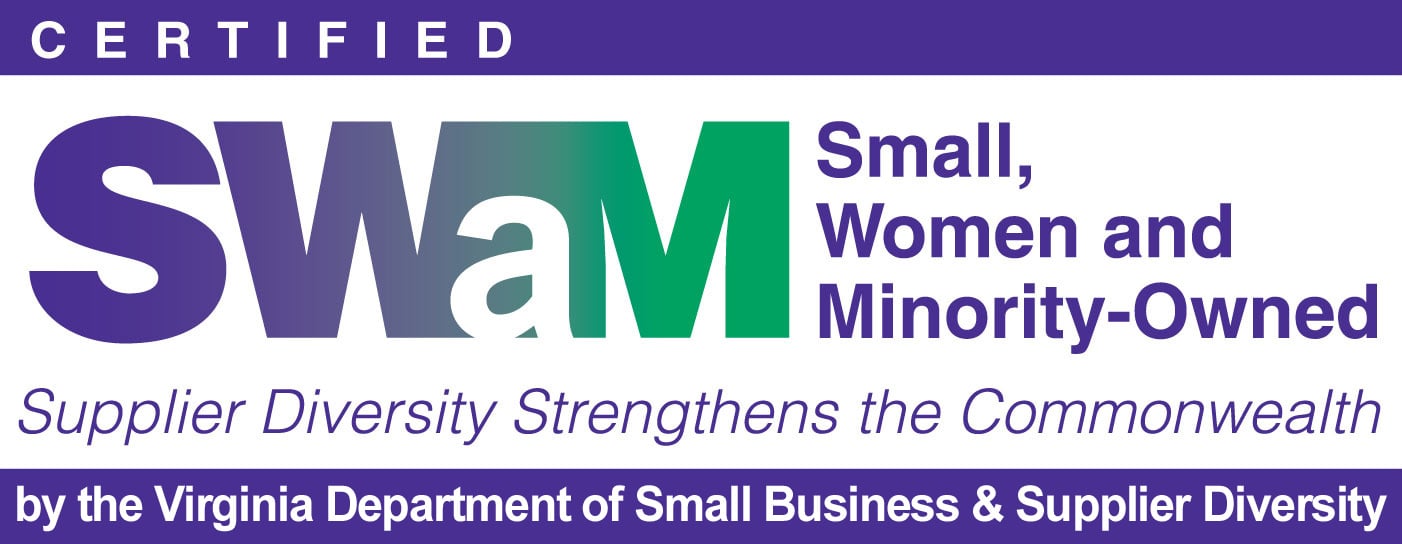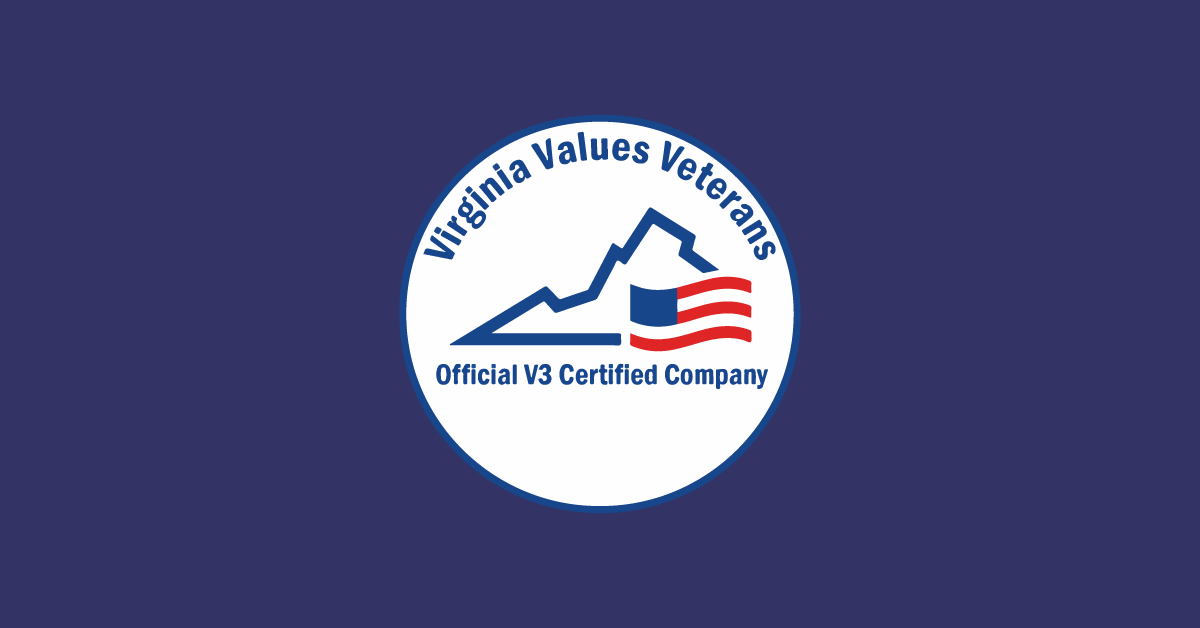3 min read
Building Culture That Works: Cobb Tech Named One of VA's Best
Cobb Technologies has been honored as one of the 2025 Best Places to Work in Virginia by Virginia Business and Best Companies Group. This prestigious...

Since we’re all figuratively locked in our homes, and unable to venture out into the world for anything other than groceries and other essentials, we’ve all be faced with the fact that file sharing software is an absolute necessity.
When working in and office environment, it’s easy to send a single email with a few documents, head down the hall, pop into someone’s office, and get their opinion. After having a conversation, you’re able to head back to your desk, sit down, and make edits and changes.
This old way of doing things isn’t just impossible now — it was always inefficient. Time spent walking and talking could have been time spent collaborating — and while we may have been slow on the uptake with real-time document collaboration and file sharing software, we’ve all been forced into quick adoption of these services.
There are plenty of file sharing services out there — DropBox, Google Drive, Microsoft’s OneDrive — and even productivity and project management software like Trello, Monday, and Assana give you the ability to share and collaborate with your team.
We’re going to compare the two giants today, however: Google Drive, and OneDrive.
Why? Because both of these services exist to perform the same task — act as a file sharing hub amongst a host of other software services that coalesce into a single holistic service suite — those being Google Suite, and Office365.
Google Drive is undoubtably the simplest file sharing service today — and in fact, most products within the Google Suite are incredibly easy for any individual or business to adopt. All you need is a Google account, and you’ll have access to Google Drive’s free version.
This means that if you have a Gmail account, you’ll also have access to 15 GB of storage. This storage can be used for the hosting of any media you’ve created, and because Google Drive integrates automatically with Google Docs, Google Sheets, and the other production tools of the Google Suite, you’ll be able to host, manage, and collaborate in real-time on a variety of documents.
If everyone in your organization uses Google Drive via a personal email account, that means all employees will have access to 15 GB of storage for free. For any small business, this is an incredible tool.
While Google Drive is simple, and offers 15 GB of free storage, the usefulness of its services can deteriorate rapidly.
And while Google Drive does offer paid options for storage in increments of 100 GB, 200 GB, and 2 TB per user, this is essentially the only difference offered in these packages — more storage. Google Suite is very good at doing a great many things — but there are many tools it doesn’t offer without the addition of third-party programs.
For instance, let’s imagine you’re working on a Google Doc, and someone makes an edit to a quote — but you’re unsure why the change was made. How would you communicate with them? You could log in to your Gmail and speak through GChat, or hop on to Google Hangouts and have a visual face-to-face.
If you’re working through personal emails, this won’t be that much of an issue — but for most businesses, personal emails aren’t just unprofessional, they’re not secure, and could potentially break confidentiality agreements or regulations.
So, in order to make use of Gmail, your business must pay for custom domain names within the Gmail client. Your business must pay for Google Hangouts as well. This can lead to multiple and significant charges to your business’ expenses in order for your team to effectively collaborate at speed.
Google Suite is perfect for any small team with relatively small data needs, as you can use their entire service for free. For any company with a larger team (more than fifteen-or-so employees) that requires intricate and timely collaboration, however, Google Drive doesn’t offer enough functionality to fully serve their needs.
This is where OneDrive steps up to the plate. While it is possible to pay per month to only have access of OneDrive, OneDrive was designed specifically to serve as one tool among many in the Office365 tool belt.
At its lowest paid tier, OneDrive offers an individual 1 TB of storage — and through its business plan, unlimited cloud storage. But where OneDrive really begins to shine is its native integrations within the rest of the Office365 suite. A file can be added to OneDrive, shared on SharePoint, and collaborated on through Teams.
Since the entirety of the Office365 suite is available to every employee, your team will be able to collaborate at speed. When used as part of the Office365 package, normal Microsoft programs like Word or Excel are automatically transformed into real-time collaboration tools; if someone is writing a proposal in Word, another employee can view and edit in real time.
Essentially, an Office365 Premium subscription, which is $12.50 per user per month, gives your team the ability to manage almost every internal aspect of production within your company. OneDrive is one small part of this solution. These integrations give you the ability to produce at speed — and because all of these programs are part of the same suite of solutions, will integrate perfectly and at an intricate level. For instance, after uploading a file to OneDrive, you can access that file through Teams, and share the file directly in an instant message to another employee, without using any extra storage.
Honestly, there aren’t many cons about OneDrive — when looking at the entire suite of Office365 solutions, at least. When comparing the services offered through Google Drive to OneDrive, however, OneDrive does fall a bit short.
This is mainly because Google Drive offers a completely free option, while OneDrive does not — and since Google Drive comes free with access to Google Docs, Sheets, and more, it will offer a small team more functionality.
When looking at the needs of a larger organization, however, Office365 will almost always be the better option.

3 min read
Cobb Technologies has been honored as one of the 2025 Best Places to Work in Virginia by Virginia Business and Best Companies Group. This prestigious...

5 min read
Cobb Technologies is honored to hold the SWaM (Small, Women-owned, and Minority-owned Business) certification, awarded by the Commonwealth of...

5 min read
Every year, thousands of Veterans transition from military service to civilian careers in Virginia, bringing invaluable skills and experiences to...